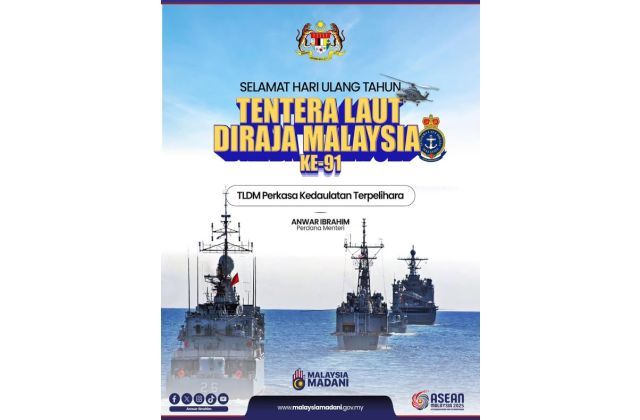Importers cannot be traced due to false documentation, say groups
KLANG: The importers of illegal waste material into Malaysia cannot be traced or located due to fake recipient addresses, false documentation and other underhanded tactics to dupe the authorities, say environmental activists.
Sahabat Alam Malaysia (SAM) senior research officer Mageswari Sangaralingam said, generally, smuggling of garbage into the country involves false declaration of the imported consignment, false description and mislabelling, avoidance of Customs controls, abuse of export licences, as well as concealment within the consignment.
“We do understand that it may be difficult for the authorities to track down the importers, and in certain cases, the original companies that are exporting the illegal waste,’’ she added.
According to Mageswari, residual waste, which is generally scrap waste that cannot be recycled, is often dumped in open areas or burnt.
She said during field investigations, SAM had discovered shredded plastics, wires and discards from ewaste dumped in agriculture and remote areas.
ALSO READ: Ewaste discovered at Westport
Hence, she said when the importers, exporters, buyers and sellers as well as the freight forwarders and forwarding agents of these illegal waste materials have been identified, they should be duly dealt with for flouting the law.
“This includes initiating legal action and blacklisting the companies as they should be held accountable for the criminal act.
“For this to happen, there needs to be comprehensive rules and guidelines to assist in the prosecution of all those responsible for committing the crime,’’ Mageswari added.
Recently, the Selangor Environment Department (DOE) busted 29 containers docked at Westport filled with ewaste, plastic waste and other varieties of scrap.
Selangor DOE director Nor Aziah Jaafar said although the department carries out stringent regular inspections, trash still made its way to the country.
She said the recipient addresses on the containers were all fake, which made it difficult to identify the culprits sneaking in potentially toxic waste into Malaysia.
According to her, the companies importing the trash are either foreign-owned or local companies with foreign investors.
Dr Mohd Yusoff Ishak from Universiti Putra Malaysia’s Faculty of Forestry and Environment said the dumping of waste, especially e-waste into Malaysia, will be disastrous to the environment.
He said companies unscrupulously importing waste into Malaysia are most likely employing low-income earners who do not know how to handle and manage such materials.
“This poses serious threats to the workers, neighbouring communities and public health in general.
ALSO READ: DOE to empower monitoring, enforcement over e-waste imports
“Improper disposal would see the waste ending up in landfills, where residue of toxic chemicals will impact the air, soil, water and ultimately, human health,’’ he said.
In regards to the fake recipient addresses on the containers, Mohd Yusoff said serious measures must be initiated to ensure every container coming into Malaysian ports has valid ownership and recipients.
Meanwhile, Greenpeace South-East Asia regional campaign strategist Heng Kiah Chun said despite ratifying the Basel Ban Amendment (under the Basel Convention) to combat waste trafficking, Malaysia continues to face the bane of illegal dumping.
(The Basel Convention is an international treaty formulated to prevent the irresponsible transboundary movement of hazardous waste.)
“The next Global Plastic Treaty negotiation meeting will take place in Busan, South Korea, in November 2024.
“The Malaysian government must champion for stronger policies and not allow the same weak compromises.
“South-East Asia and Malaysia should no longer be dumping grounds,’’ he said.
Trash and waste material have been making their way into this region after China, which was the world’s biggest importer of waste plastic, banned waste products from entering the country in 2018.China’s move to ban the import of waste material resulted in the garbage, from developed countries that do not want to deal with their own trash, making its way here.











































